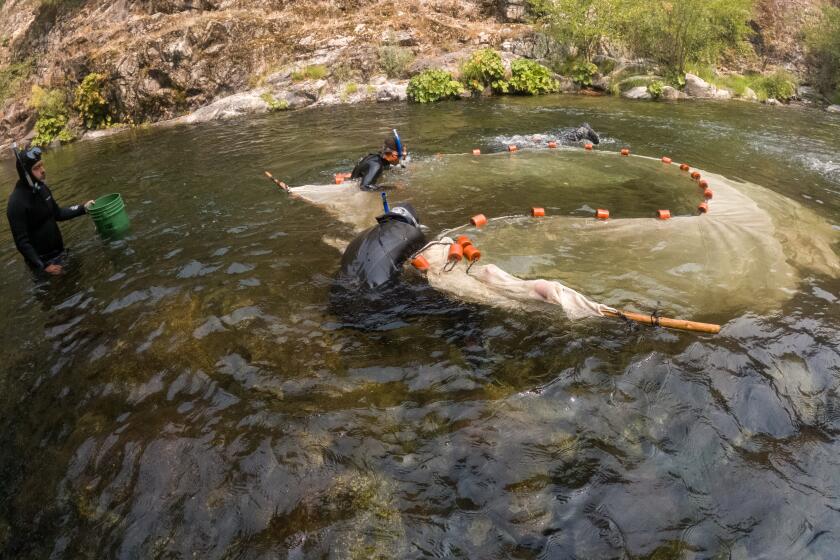How to Spot Diseased Birds and What to Do
Songbirds such as pine siskins, evening grosbeaks, American goldfinches and common redpolls have been dying from a strain of salmonella since at least January.
Dead songbirds have been found in 15 states, and salmonellosis is now confirmed as the cause of sickness or death in songbirds in Arkansas, Illinois, Indiana, Maine, Michigan, Missouri, New Hampshire, New York, Pennsylvania, Vermont and Wisconsin, according to scientists in the bird lab at Cornell University.
Diseased birds appear to be fat or puffed up with their feathers ruffled. They typically perch in one place for a long time and don’t fly away when approached by humans or animals.
Until laboratory tests identify the source of the disease, scientists say people who feed birds should take the following precautions:
* Clean bird feeders with a 10 percent bleach solution, or stop feeding altogether now that warm weather is here.
* If still feeding, provide more than one bird feeder so that birds are not competing for the same food.
* Do not try to rehabilitate sick birds without legally required permits from federal and state authorities.
* When handling dead birds, remember that the bacterial disease may turn out to be transmissible to humans. Wear rubber gloves to handle dead or sick birds. Dead birds should be disposed of by wrapping tightly and putting in outdoor garbage containers with tight lids. Some state wildlife agencies might want dead birds to study. Call those institutions for instructions on how to keep the birds.
* What infected birds need most is water, which must be kept extremely clean and fresh to stop the spread of the disease.
* Do not use antibiotics in an effort to help an infected animal. Only federally licensed rehabilitators or veterinarians can legally administer antibiotics. It is feared that use of antibiotics on wild birds will create a highly resistant strain of salmonella that could impact poultry, pets and humans.
More to Read
Sign up for Essential California
The most important California stories and recommendations in your inbox every morning.
You may occasionally receive promotional content from the Los Angeles Times.










